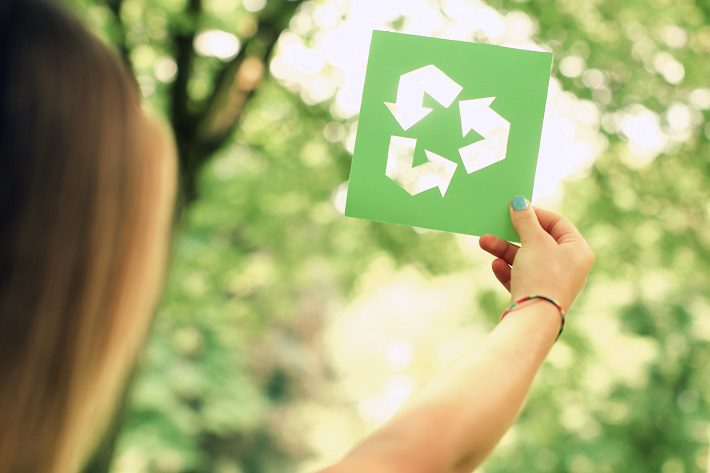
Can We Adopt a Circular Economy?
In the world today, we use materials in a linear fashion. We harvest materials, we use those materials to make products, and then those products eventually become waste. Over the last few decades, it’s become abundantly clear that this current system just isn’t sustainable. What we need instead is a system that does away with waste altogether. This is where a circular economy comes in.

A circular economy defined
A circular economy is called such because the materials that we harvest from the earth and turn into products for consumption will eventually be reused, meaning that everything goes around in a circle. In principle, this sounds a lot like recycling, but there are some key differences. While recycling aims to deal with the materials left over at the end of a product’s lifecycle, a circular economy is looking to eliminate waste at the design phase by pre-planning what will happen to the materials once it’s no longer usable. Perhaps the product might be able to be dismantled into recyclable segments, or it could have a different use entirely.
What can we do to adopt a circular economy?
- Rethinking product design: Sustainable product design is absolutely essential to bringing about a circular economy. Before a product is even made, we need to start thinking about what will happen to the product once it’s no longer usable, as this will ultimately influence what materials are used and how the product is actually put together.
Rethinking product design also means that we need to put an end to single-use and seasonal items. Fast fashion is probably one of the biggest offenders here. We’re encouraged to buy new clothes each season to stay on trend and, to make sure that we can afford it, these clothes are often of very low quality. Investing in higher quality clothes that are built to last is much more in line with circular thinking.
- A culture of sharing: A sharing culture isn’t necessarily a new thing, as sites like Gumtree, OLIO and Shpock have existed for a very long time, but in order for a circular economy to take hold, they need to become more widely used. These sorts of sites allow people to easily sell or give away items that they no longer need, whether that be furniture, clothing or even food.
But a sharing culture isn’t just about passing on goods after we’ve finished with them, it’s about coming to the realisation that we don’t actually need to own half as much as we think we do. Appliances, food and lifts can all be shared, meaning that we can really start to minimise our personal belongings.
- A focus on repair and maintenance: A circular economy is all about trying to squeeze as much value as possible out of the product life cycle, which is why maintenance and repair are so important. And while maintenance and repair services exist, our attitude towards them needs to change. Many of us want to ditch a product at the first sign of wear, but this is often completely unnecessary. If we train ourselves to have a repair and maintain mindset, the life cycle of most products will be extended greatly.
Brown Recycling is one of Stoke-on-Trent’s leading waste management companies. We have a passion for all things sustainability and love helping our local customers manage their waste in a more eco-friendly way. If you need some help keeping your waste under control, why not give us a call?
This website uses cookies to enhance your browsing experience and deliver personalised ads. By clicking “Accept All Cookies”, you agree to the storing of cookies on your device to enhance site navigation, analyse site usage, and assist in our marketing efforts.

